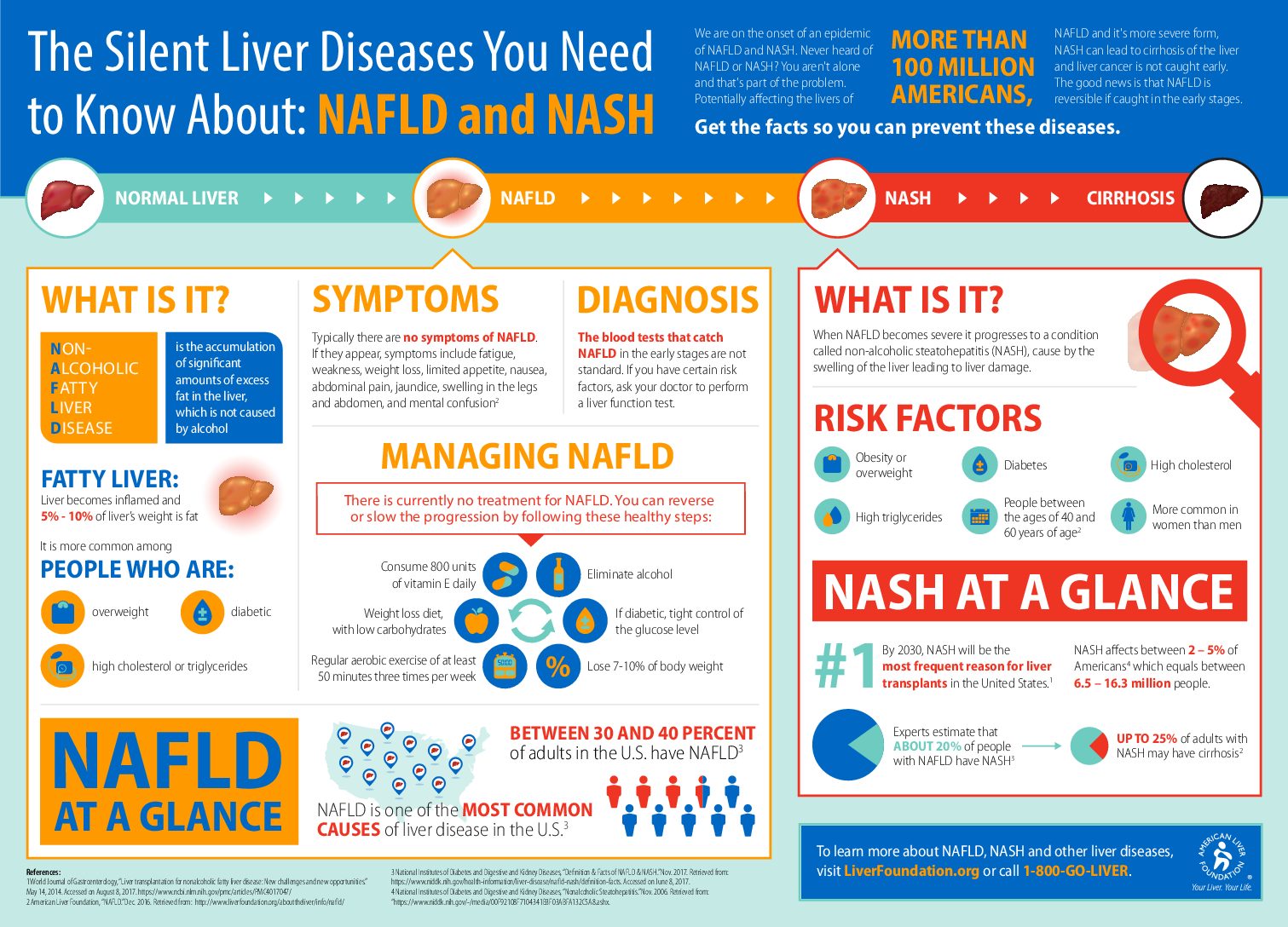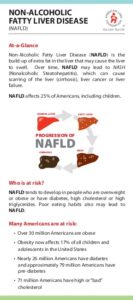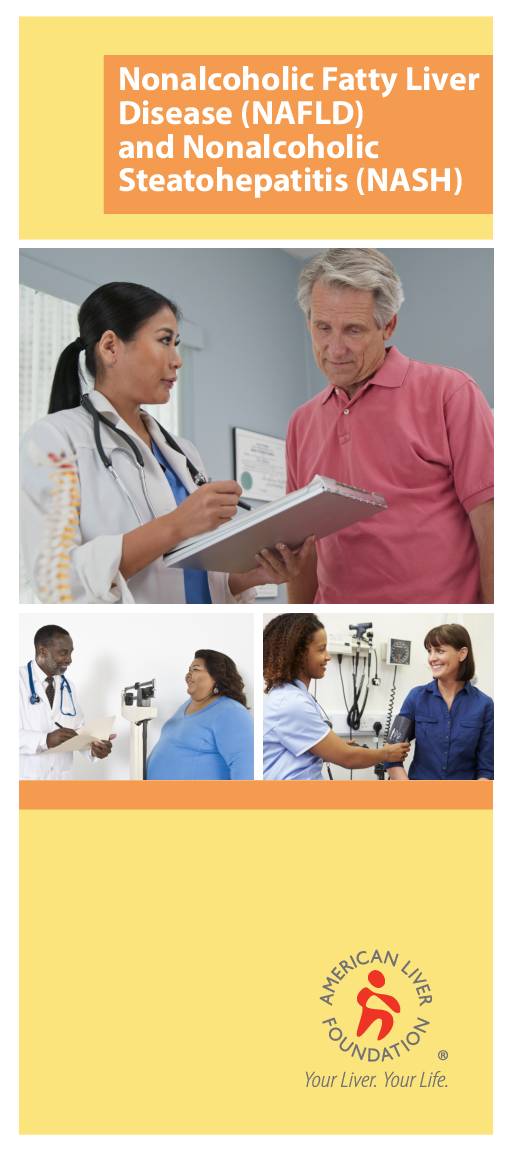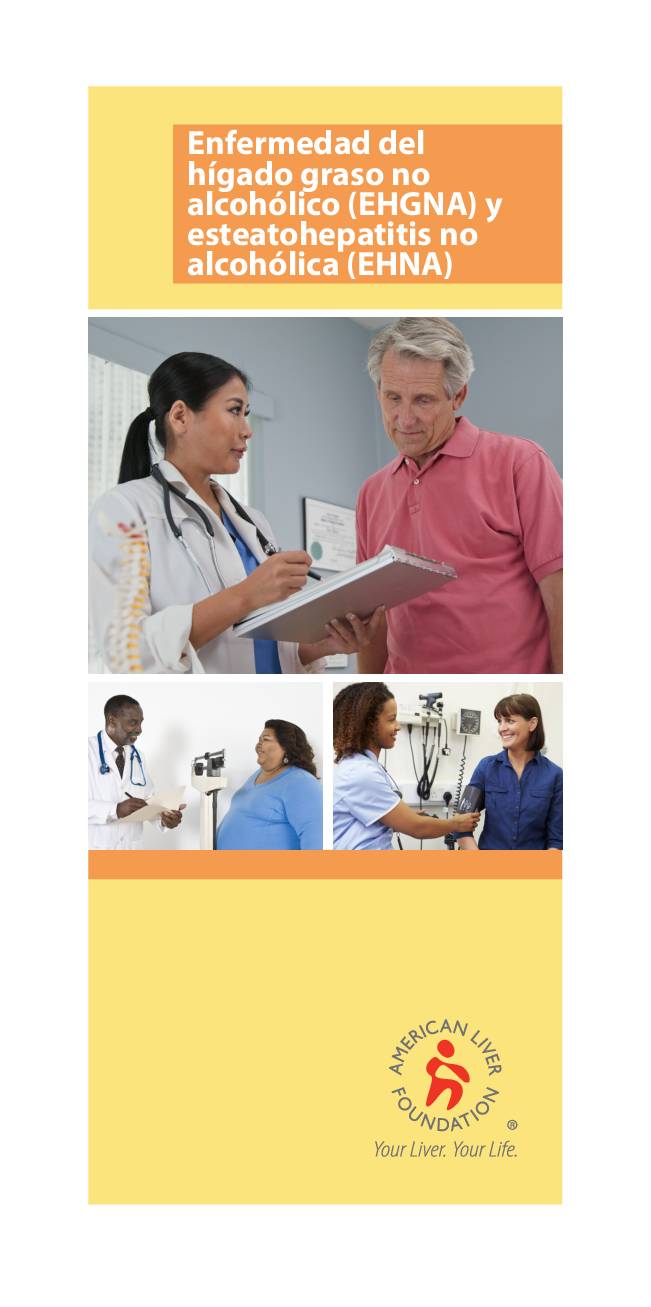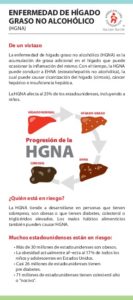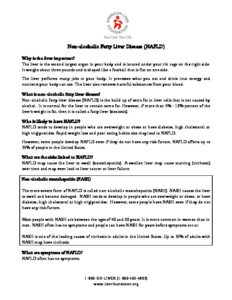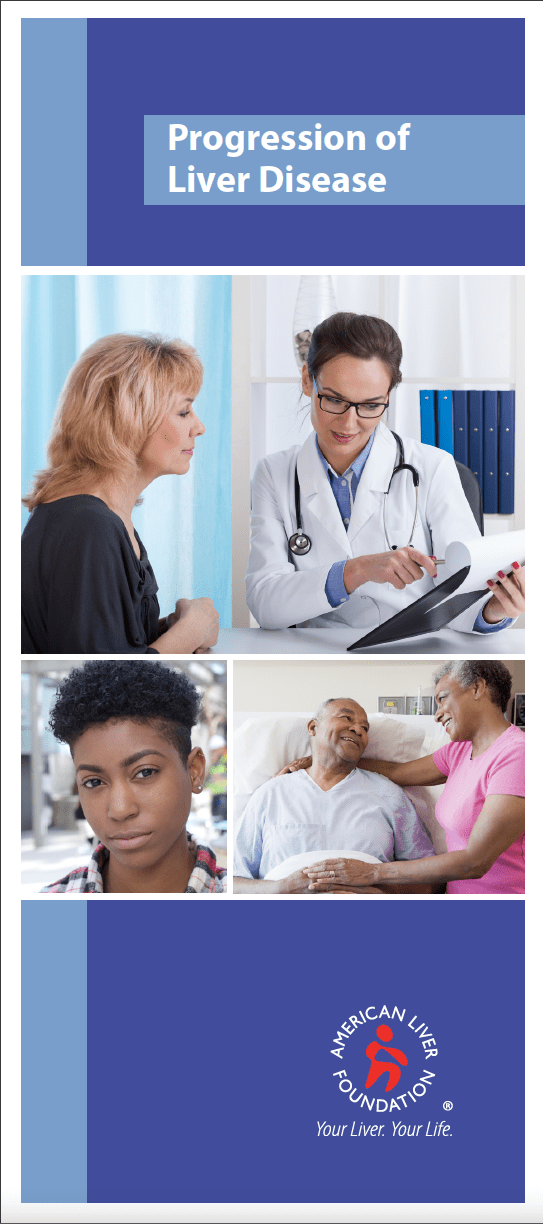There are many different types of liver disease. But no matter what type you have, the damage to your liver is likely to progress in a similar way.
Whether your liver is infected with a virus, injured by chemicals, or under attack from your own immune system, the basic danger is the same – that your liver will become so damaged that it can no longer work to keep you alive.
Cirrhosis, liver cancer, and liver failure are serious conditions that can threaten your life. Once you have reached these stages of liver disease, your treatment options may be very limited.
That’s why it’s important to catch liver disease early, in the inflammation and fibrosis stages. If you are treated successfully at these stages, your liver may have a chance to heal itself and recover.
Talk to your doctor about liver disease. Find out if you are at risk or if you should undergo any tests or vaccinations.
 Meet David Frank, ALF National Board Member, caregiver and passionate advocate. September 2014 will be forever etched in his memory, a roller-coaster of emotions in ...
Meet David Frank, ALF National Board Member, caregiver and passionate advocate. September 2014 will be forever etched in his memory, a roller-coaster of emotions in ...









